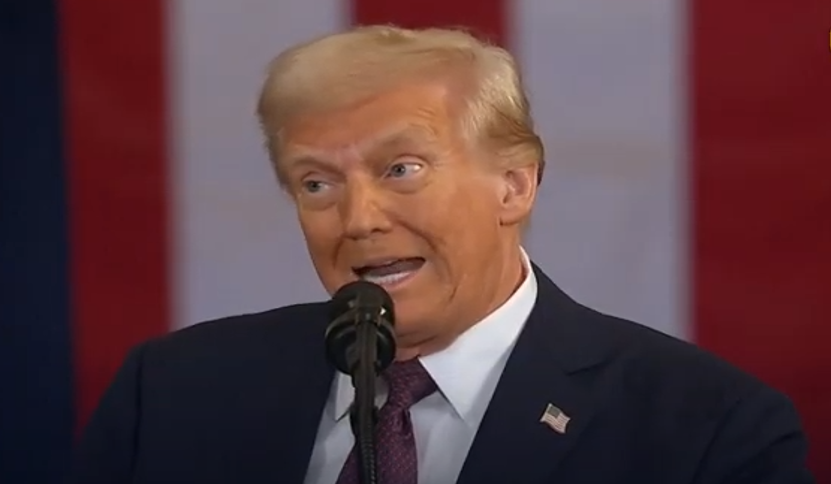May 26, 2025
President Donald Trump announced Sunday that he has agreed to postpone a planned 50% tariff on European Union imports until July 9, following what he described as a “very nice call” with European Commission President Ursula von der Leyen.
Speaking to reporters at Morristown Municipal Airport in New Jersey, Trump said von der Leyen had requested the delay to allow more time for negotiations.
“She said she wants to get down to serious negotiation,” Trump told the press. “July 9 would be the day, that was the date she requested. Could we move it from June 1 to July 9? I agreed to do that.”
Trump added that both sides are preparing to meet quickly and attempt to resolve the dispute. “She said we will rapidly get together and see if we can work something out,” he said.
The delay marks the latest in a series of tariff threats and reversals by the former president, who had declared on Friday that he was “not looking for a deal” with the EU and that the 50% tariff would go into effect on June 1. That tariff was set to follow a previously announced 20% “reciprocal” tariff on EU goods introduced in April — a move that was also delayed.
Moments after his comments to reporters, Trump reiterated his position on Truth Social, writing that “talks will begin rapidly.”
Earlier Sunday, von der Leyen confirmed the conversation via a post on X, formerly Twitter, calling it a “good call” and underscoring the importance of the transatlantic relationship.
“The EU and US share the world’s most consequential and close trade relationship,” she wrote. “Europe is ready to advance talks swiftly and decisively. To reach a good deal, we would need the time until July 9.”
Trump has frequently criticized what he terms “non-monetary trade barriers” — regulations and standards that he argues unfairly disadvantage American exporters. He has also targeted countries or blocs that run large trade surpluses with the U.S.
According to data from the U.S. Commerce Department, the United States ran a $236 billion trade deficit with the European Union in 2024.
Addressing another trade-related issue, Trump also responded to recent comments from Treasury Secretary Scott Bessent, who suggested the U.S. need not bring back certain types of manufacturing, such as textiles.
“I tended to agree,” Trump said. “We’re not looking to make sneakers and t-shirts … we want to make military equipment. We want to make big things. We want to do the ‘AI thing’ with the computers.”
The tariff postponement adds a brief window of diplomatic opportunity between the world’s two largest economic powers, though it remains unclear whether the negotiations will yield a substantive deal by the new July deadline.



